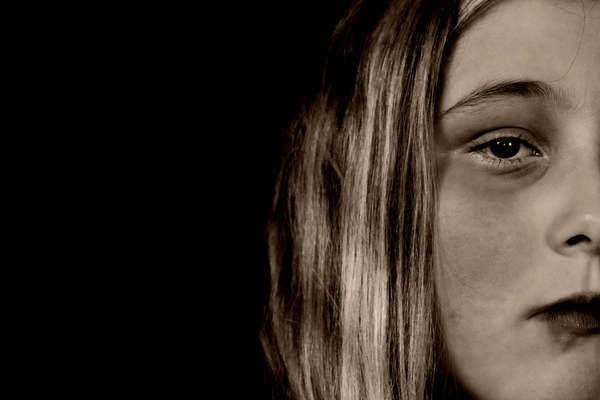What You Need to Know About Distrust
A child who has been subjected to child abuse develops many insecure feelings, as well as low self-esteem. One of the common effects of child abuse is that a child who has been exposed to child abuse will begin to believe that they are worthless and useless. Emotional abuse, which is the foundation of every type of abuse, includes belittling and humiliating a child. These children may lose trust in themselves and their ability to protect themselves from emotional and physical harm.
A child may fear getting close to anyone because they may believe that if they are betrayed, they will fall apart. They do not trust themselves to be able to keep themselves together if they are hurt or disappointed. Another one of the effects of child abuse is that a child who has suffered abuse will find it difficult to reveal who they really are to another person. The individual that they are is the person who was hurt and betrayed. Displaying who they really are will make them vulnerable to be hurt again. A child who has suffered from child abuse will not trust another person not to hurt them.
Another one of the effects of child abuse is that a child who has suffered from abuse will have trouble trusting any adult because, in most cases, it was an adult who inflicted the abuse on them. If a child was physically or sexually abused by a man, then that child may never be able to establish a meaningful relationship with a man.

Also, a child who was abused may never again trust anyone to protect them because when they needed help no one was there to provide it. Therefore, the child has learned that they cannot rely on anyone.
A child who has suffered from neglect has learned to not trust their parents or guardians to provide them with basic necessities, such as food, clothing or medical care. Oftentimes, if a child has survived neglect, they have learned to care for themselves. Children who have been subjected to neglect will have severe trust issues that may prevent them from being able to form relationships or emotional bonds with another person.